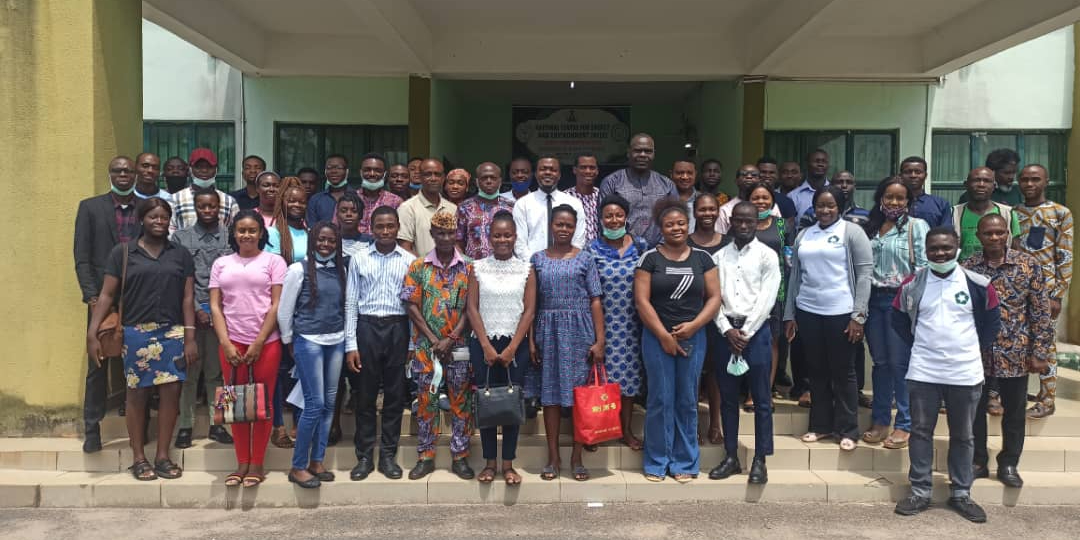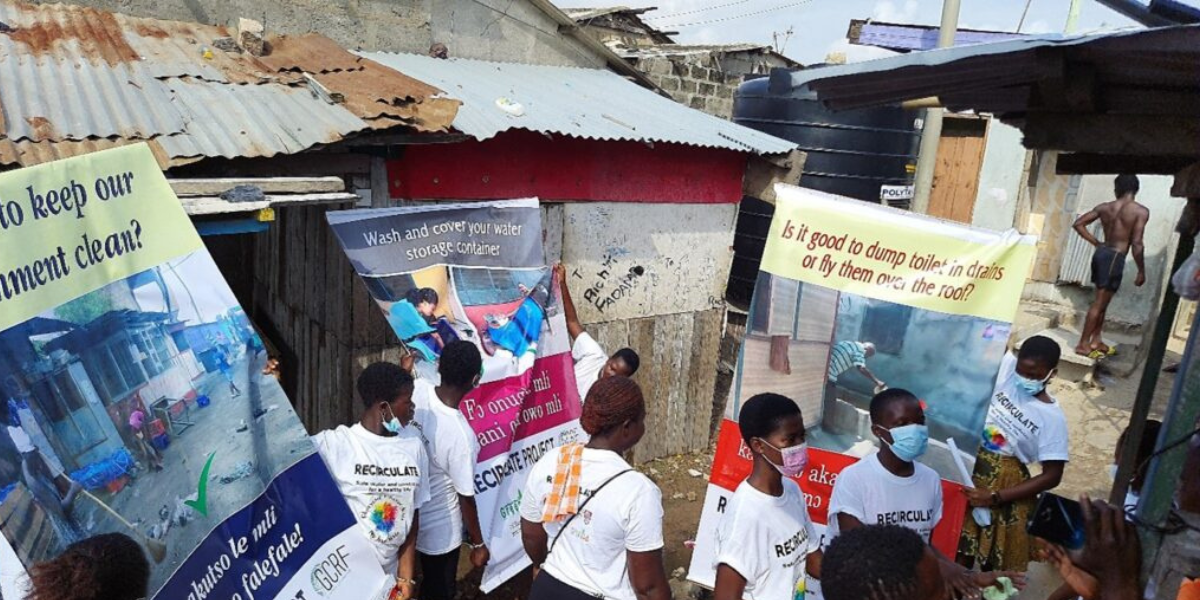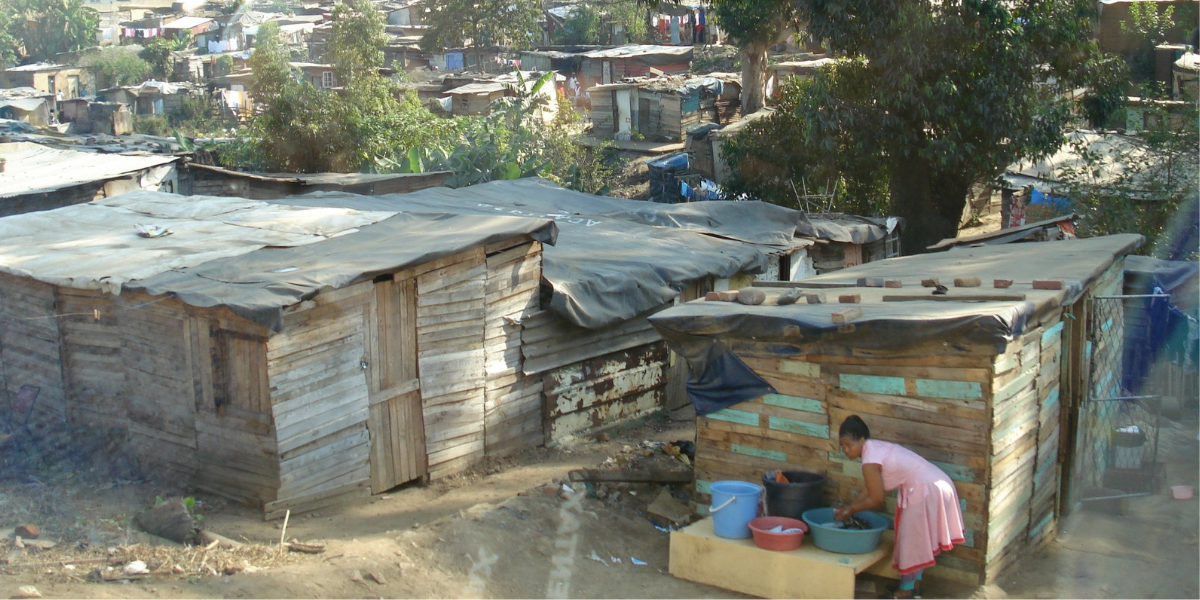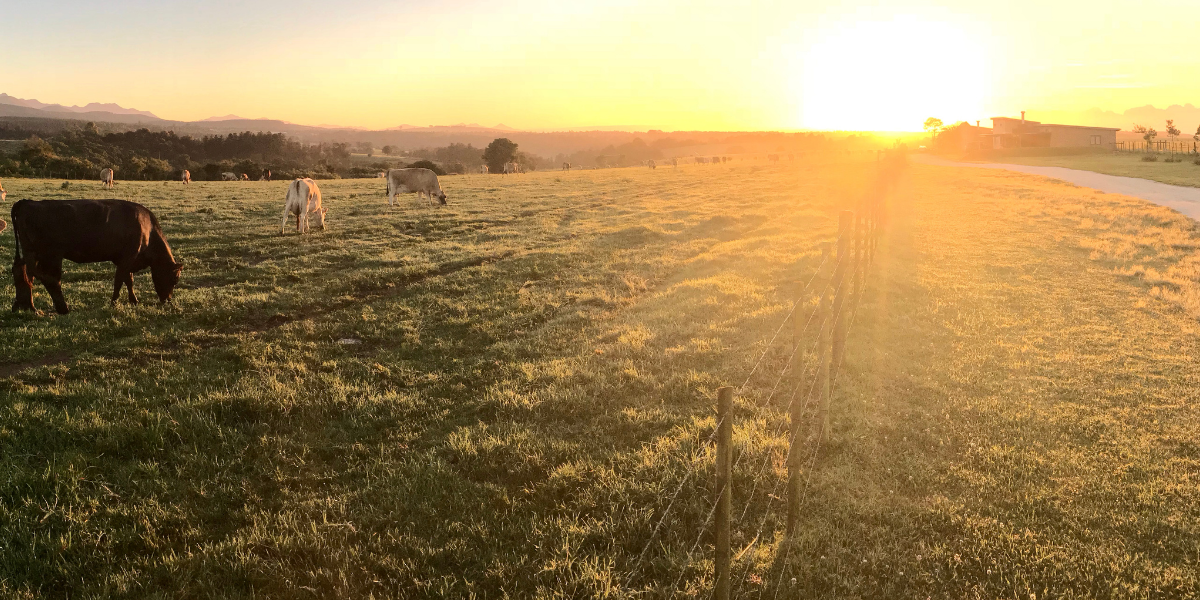
The Centre for Global Eco-Innovation at University of Benin in collaboration with Lancaster University and the Global Challenges Research Fund (GCRF), the funders of the ACTUATE project, organised an ACTUATE Stakeholders Engagement/ Training Workshop for Small Holder Farmers on Resource Recovery from Waste on Friday, 28th May, 2021.
One of the main objectives of ACTUATE is to construct working demonstrator anaerobic digestion (AD) facilities in both Ghana and Nigeria to process organic wastes, produce power and use the resulting digestate as a sustainable soil conditioner/fertilizer. One of the demonstrator biodigesters is located in the Ugbowo Campus of the University of Benin. The training workshop fulfils one of the core mandates of the ACTUATE project to work with stakeholders in order to positively highlight the technology as a credible option for the management of waste, the environment, bioenergy and soil/food security and develop safer practices within the stakeholder groups. The workshop also brings to the fore the importance of universities as strategic economic and development drivers in any region.
Participants were smallholder farmers and students from the Faculties of Agriculture and Engineering. Declaring the occasion open, the ACTUATE Team Lead, Professor Lawrence Ikechukwu Ezemonye, who was represented by Prof. Christopher Emokaro, informed participants that the ACTUATE project recognized the importance of farmers in the project and that the workshop was organised to inspire farmers to adopt the use of digestates as a viable alternative to fertilizers. Participants also noted that the workshop was the much-needed catalyst to stimulate the interest of the students in bioenergy technology and the use of digestates.
The training workshop featured presentations by Mrs Valerie Ify Ofili Edosa, a soil scientist and a member of the UNIBEN ACTUATE Team on the usage of digestate by farmers and Engr. Dr Mike Ajieh, an AD Engineer in the UNIBEN ACTUATE Team, who made a presentation on the process of bio-digestion and digestate production. The presentations were followed by break-out sessions where participants were divided into syndicate groups and were given the opportunities to discuss and share their ideas and perceptions on each presentation.
At the end of the workshop, participants unanimously agreed that digestates are viable substitutes for fertilizers and they also expressed the willingness to have the bioenergy technology deployed in their farms as a means of power generation, waste management and digestate production. Highpoints of the event were when participants were taken on a guided tour to the ACTUATE biodigester site located a few metres from the venue of the workshop. At the site, Dr Mike Ajieh made a practical demonstration of the process of digestion, biogas production and digestate production using the facilities already installed at the site.




